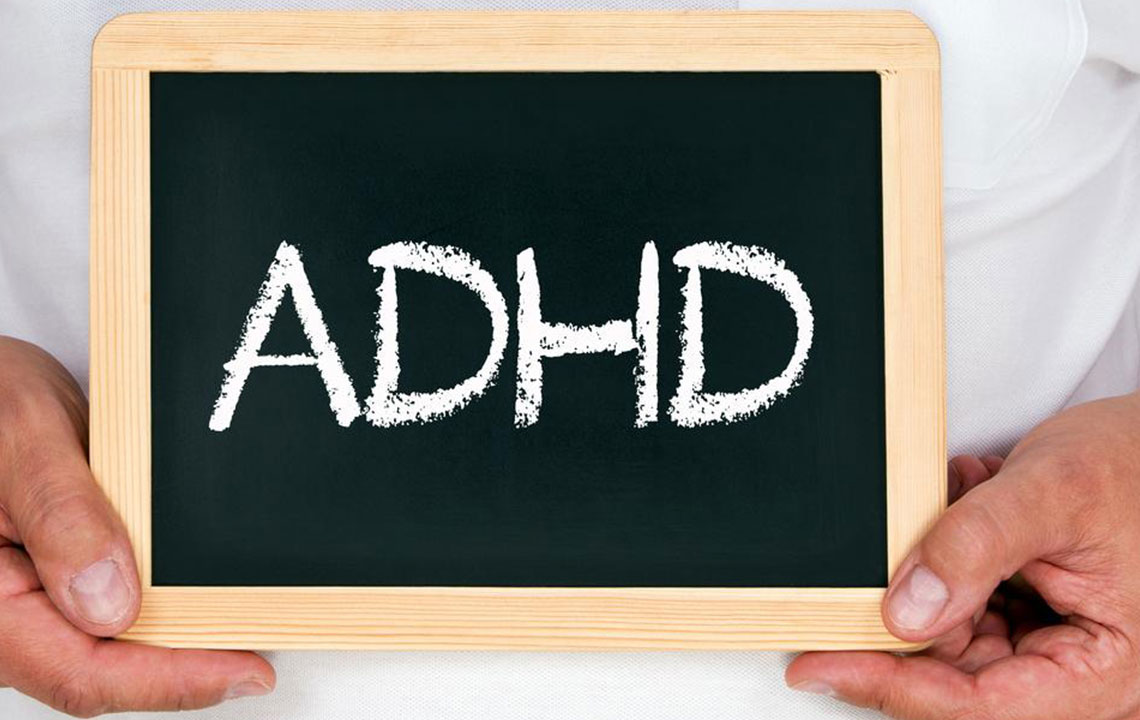Recognizing Adult ADHD: Key Symptoms and Indicators
This article explores the common symptoms of adult ADHD, including organizational challenges, impulsiveness, distractibility, and relationship issues. Understanding these signs can aid in early diagnosis and effective management, helping adults improve their daily functioning and relationships.
Sponsored

Attention Deficit Hyperactivity Disorder (ADHD) is often associated with children, but many adults also experience its symptoms, which can be subtle and harder to identify. In the United States, roughly 5% of adults are affected by ADHD, many unaware of their condition. Symptoms in adults include difficulties with organization, impulsiveness, and inconsistency in attention. These issues can impact daily life, relationships, and work performance, often leading to misdiagnosis or overlooked conditions.
Common signs to watch for include:
Organizational Challenges: Struggling with managing daily responsibilities like bills, childcare, or job duties.
Reckless Behavior: Difficulties concentrating behind the wheel, leading to risky driving and accidents.
Relationship Strains: Issues such as poor listening, indifference, and inability to keep commitments that cause marital disagreements.
Distraction and Inattention: Easily losing focus, missing important details, and low professional performance.
Restlessness and Tension: Feeling edgy, tense, and unable to relax, often misinterpreted as anxiety.
Procrastination and Lack of Motivation: Delaying tasks, arriving late, and struggling with time management.
Emotional Regulation Difficulties: Trouble controlling anger and temporarily intense emotional reactions.
Prioritization Issues: Difficulty identifying what’s most important, leading to inefficient use of time.
Hyperfocus: Overly concentrating on certain activities, losing track of surroundings and time.
Impulsivity: Making hasty decisions, interrupting conversations, and acting without considering consequences.
Negative Self-Perception: Critical self-view due to ongoing struggles with focus and organization.
Recognizing these symptoms can lead to earlier diagnosis and management, improving quality of life for adults living with ADHD.





